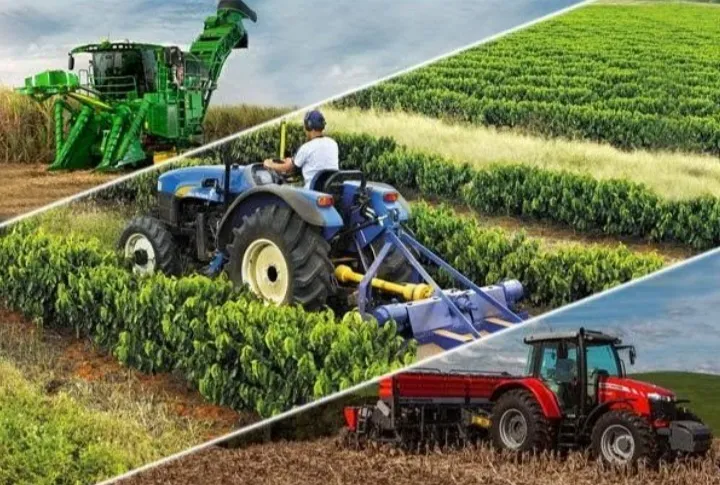Agriculture is the backbone of many African economies, providing employment and income for millions of people. However, the sector faces numerous challenges, including low productivity, limited mechanization, and inadequate infrastructure. One way to address these challenges and boost agricultural productivity is by promoting the use of tractors in African agriculture.
The Current State of African Agriculture
African agriculture is characterized by smallholder farming, with many farmers relying on manual labor and traditional farming methods. While these methods have been used for generations, they are often time-consuming, labor-intensive, and inefficient. The use of tractors and other mechanized farming equipment can help to increase efficiency, reduce labor costs, and improve crop yields.
Benefits of Tractor Usage in African Agriculture
- Increased Efficiency: Tractors can help farmers to complete tasks faster and more efficiently, allowing them to cultivate more land and increase their productivity.
- Improved Crop Yields: Tractors can help farmers to prepare the soil more effectively, plant seeds more accurately, and apply fertilizers and pesticides more efficiently, leading to improved crop yields.
- Reduced Labor Costs: Tractors can help farmers to reduce their labor costs by automating tasks such as plowing, planting, and harvesting.
- Increased Food Security: By increasing agricultural productivity, tractors can help to improve food security in Africa, reducing the reliance on imported food and improving the availability of nutritious food for local populations.
- Economic Growth: The use of tractors in African agriculture can also contribute to economic growth by creating jobs, stimulating local economies, and increasing government revenues.
Challenges to Tractor Adoption in Africa
Despite the benefits of tractor usage in African agriculture, there are several challenges that need to be addressed. These include:
- High Upfront Costs: Tractors are a significant investment for many African farmers, who may not have the financial resources to purchase them.
- Limited Access to Credit: Many African farmers lack access to credit, making it difficult for them to purchase tractors and other mechanized farming equipment.
- Limited Technical Expertise: Many African farmers may not have the technical expertise to operate and maintain tractors, which can lead to breakdowns and reduced productivity.
- Poor Infrastructure: In many African countries, the infrastructure is poor, making it difficult to transport tractors and other mechanized farming equipment to rural areas.
Strategies for Promoting Tractor Usage in African Agriculture
To promote the use of tractors in African agriculture, the following strategies can be employed:
- Subsidies and Incentives: Governments and donors can provide subsidies and incentives to farmers to purchase tractors and other mechanized farming equipment.
- Credit Facilities: Governments and financial institutions can establish credit facilities to provide farmers with access to affordable credit to purchase tractors and other mechanized farming equipment.
- Training and Capacity Building: Governments and donors can provide training and capacity-building programs to help farmers develop the technical expertise to operate and maintain tractors.
- Infrastructure Development: Governments and donors can invest in infrastructure development, including roads, bridges, and storage facilities, to facilitate the transportation and storage of tractors and other mechanized farming equipment.
- Private Sector Engagement: Governments and donors can engage the private sector in the promotion of tractor usage in African agriculture, including through public-private partnerships and leasing arrangements.
Case Studies
Several African countries have successfully promoted the use of tractors in agriculture, including:
- Ghana: The government of Ghana has established a tractorization program, which provides subsidies to farmers to purchase tractors and other mechanized farming equipment.
- Kenya: The government of Kenya has established a mechanization program, which provides training and capacity-building programs to farmers to help them develop the technical expertise to operate and maintain tractors.
- Nigeria: The government of Nigeria has established a tractor hiring scheme, which provides tractors to farmers on a rental basis, reducing the upfront costs associated with purchasing tractors.
Conclusion
Promoting the use of tractors in African agriculture is critical to unlocking the continent’s agricultural potential. While there are challenges to tractor adoption, these can be addressed through subsidies and incentives, credit facilities, training and capacity building, infrastructure development, and private sector engagement. By promoting the use of tractors in African agriculture, governments and donors can help to increase agricultural productivity, improve food security, and stimulate economic growth.

